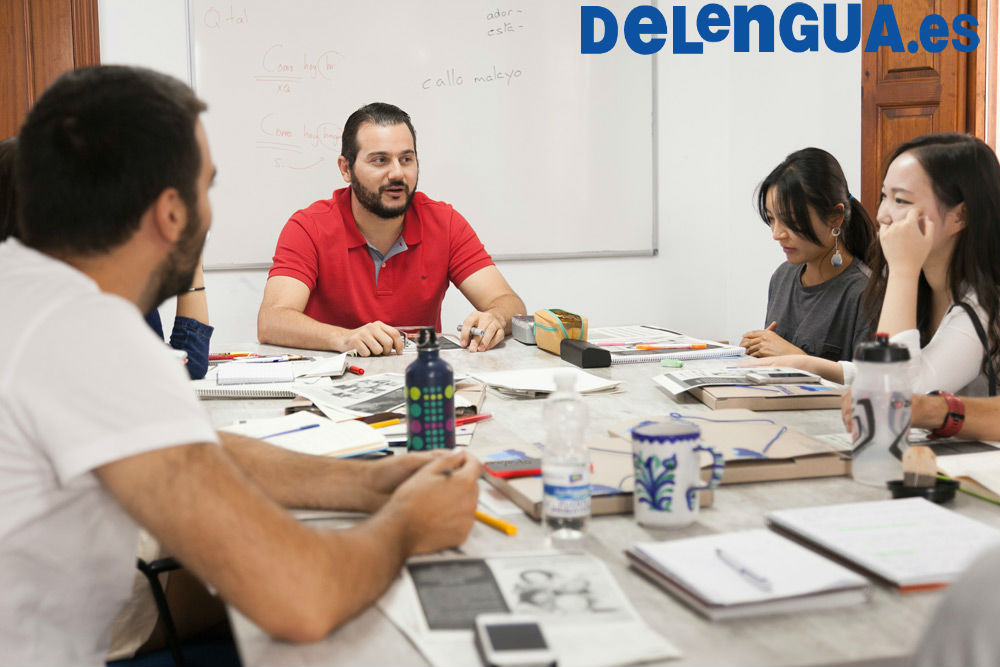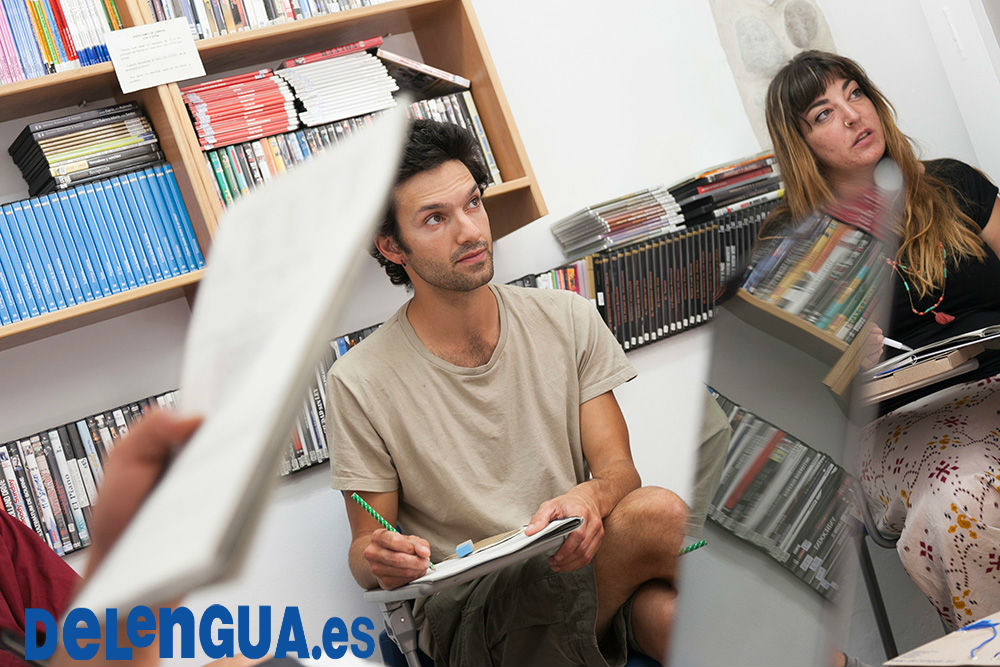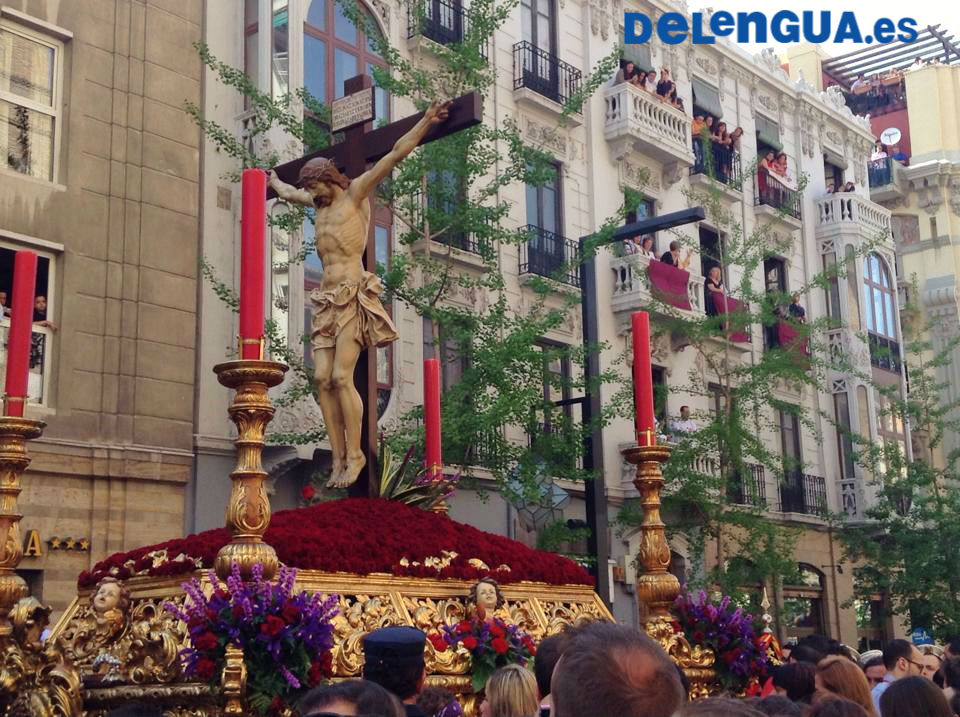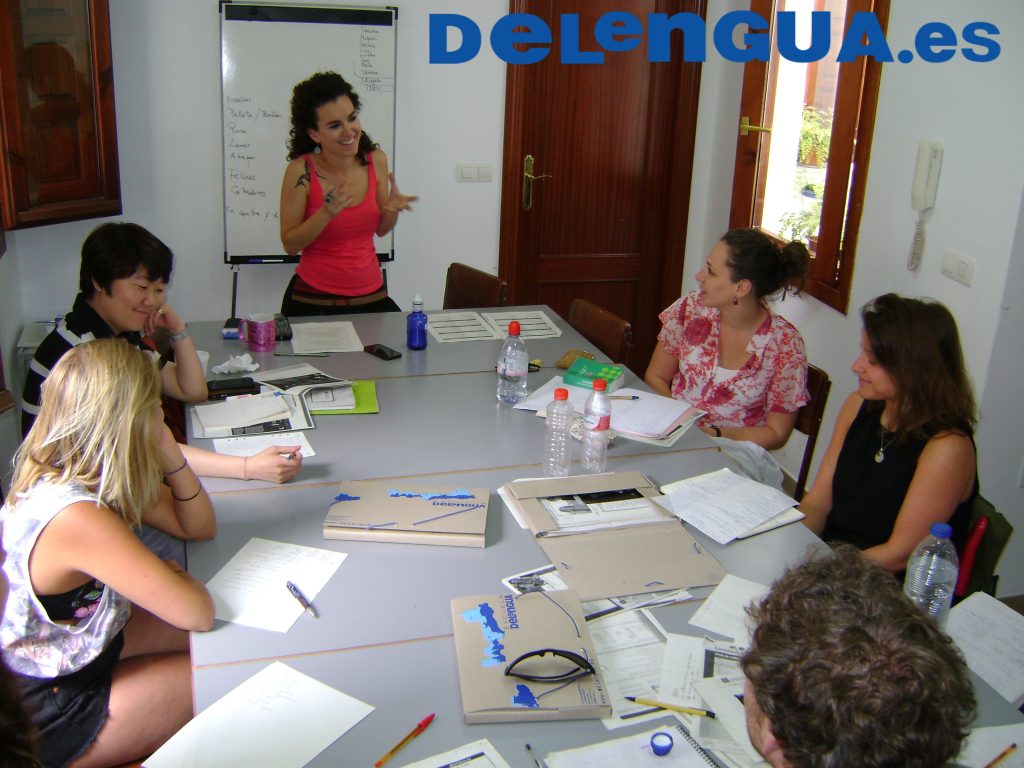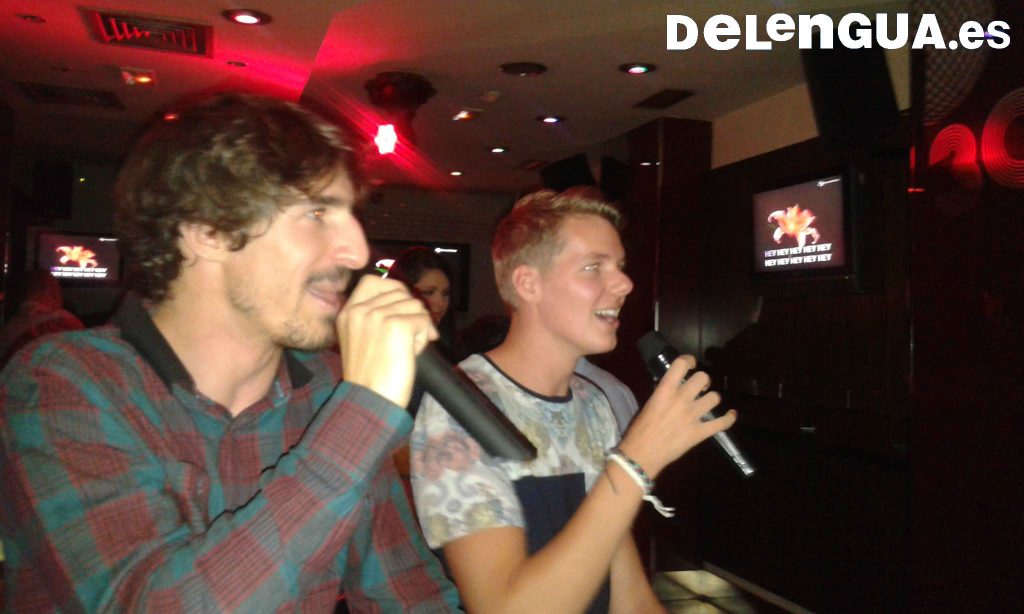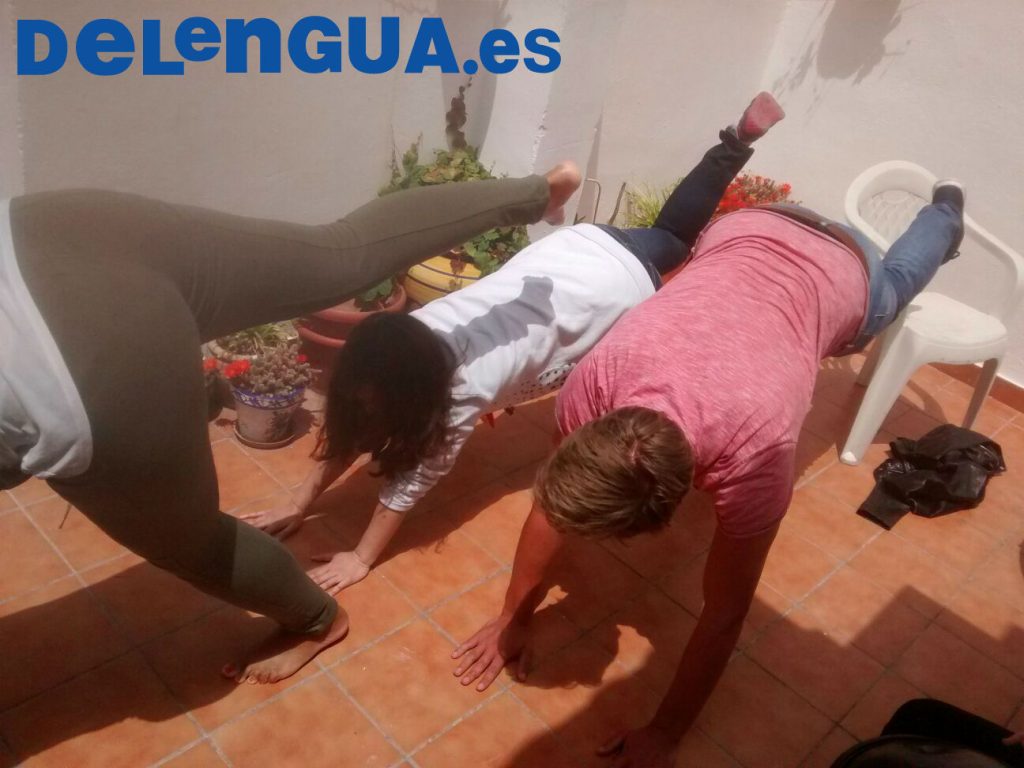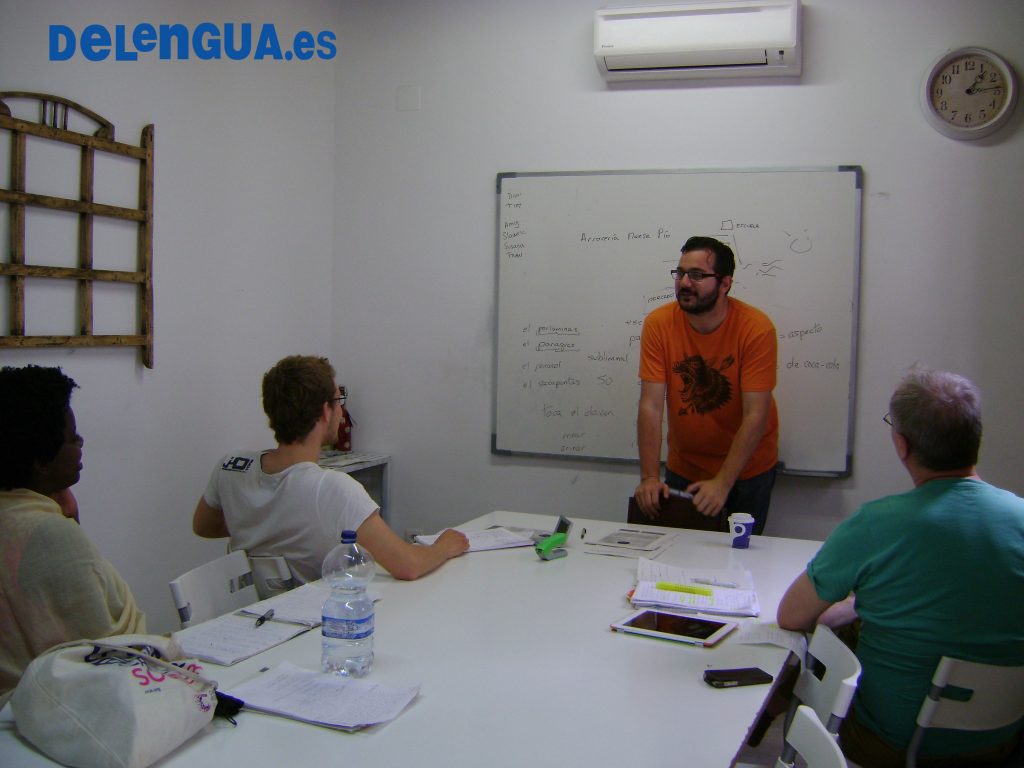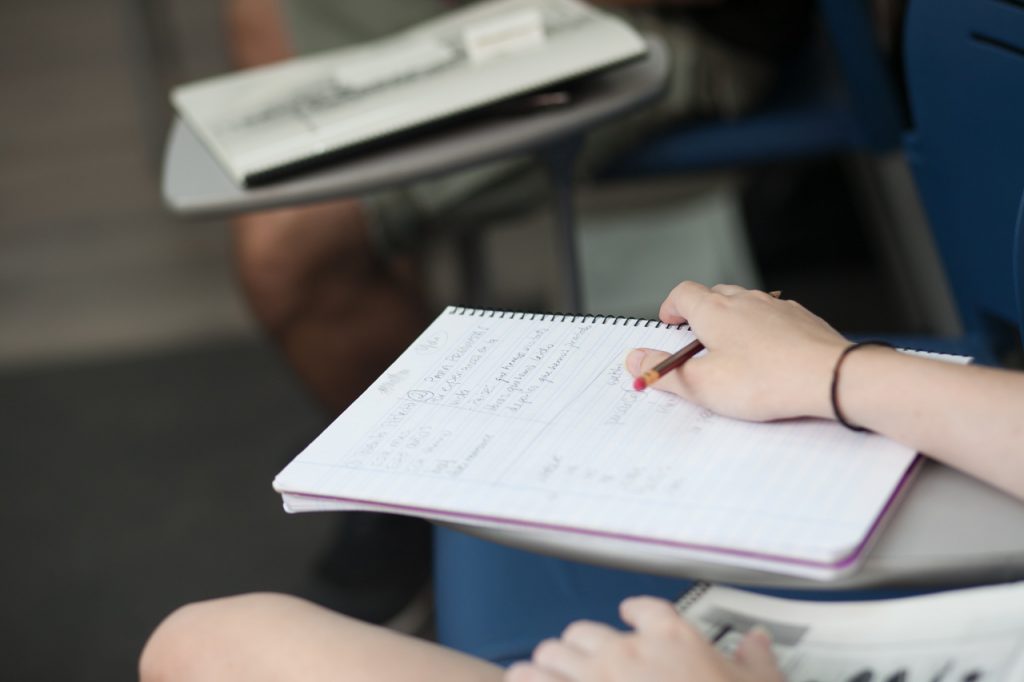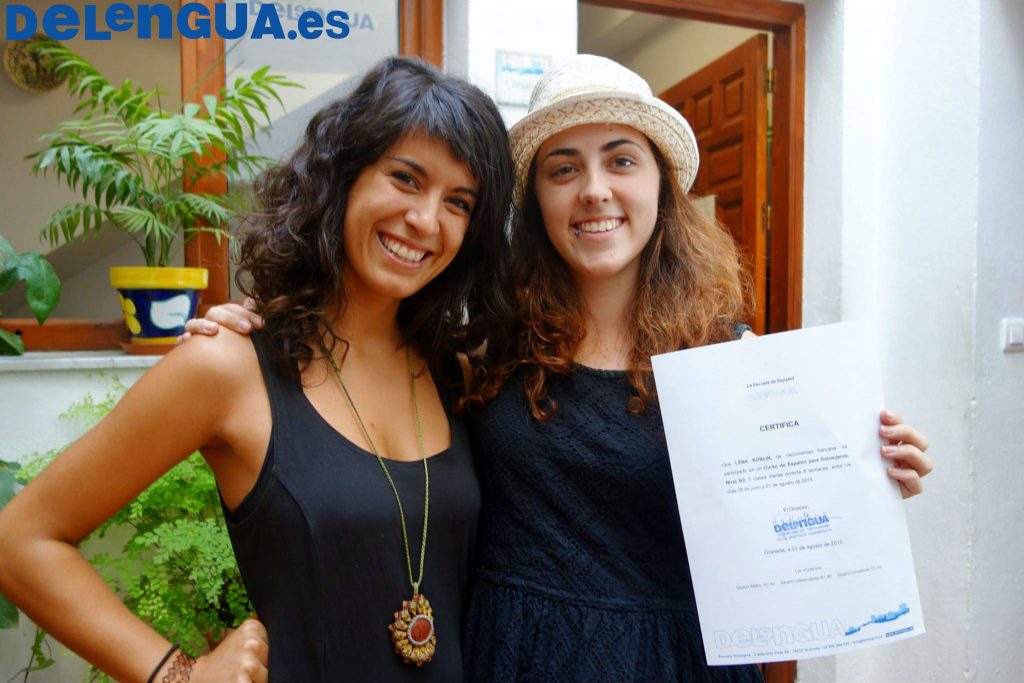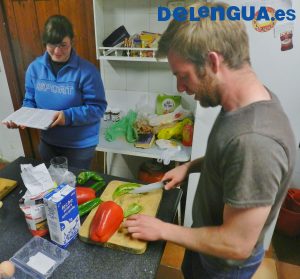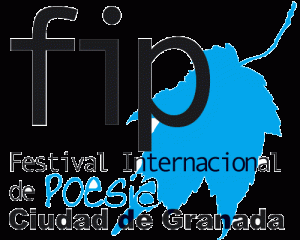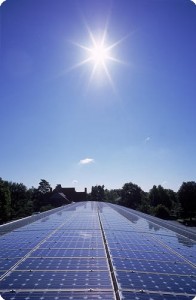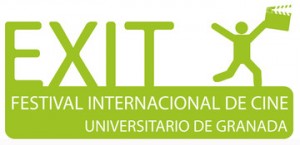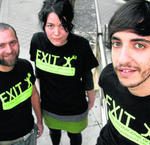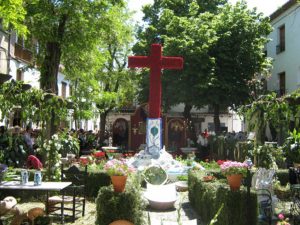| Español | Inglés | |
|---|---|---|
| El FIP es un festival de Poesía tradicional, vanguardista y también político. Es un evento cultural dedicado a la poesía celebrado anualmente en la ciudad de Granada, a mediados de mayo. En el festival participan los mejores autores del panorama poético internacional y se desarrolla en lugares emblemáticos de la ciudad. En el año 2009, la cantante famosa, Suzanne Vega, enriqueció el festival con un recorrido por sus grandes éxitos. Otro invitado de prestigio fue Wole Soyinka, el primer Nobel nigeriano que ha sido el primer autor africano en ganar el Premio Nobel de Literatura. Wole Soyinka es un símbolo de la lucha del desarrollo en África. Durante la Guerra Civil, el nigeriano pasó más de veinte meses en la cárcel. La mayoría de sus poemas más famosos fueron escritos durante su encarcelamiento. El FIP no sólo abarca a autores adultos: los directores también quieren incluir a los niños y jóvenes en el evento. Para que los adolescentes no olviden que no sólo hay Pokemon y Shin Chan, han inventado como novedad un Concurso Escolar de Poesía. Los ganadores de este concurso pueden participar en el festival y tienen la posibilidad de presentar sus obras en escena.
También los alumnos de varias facultades de la Universidad de Granada (UGR) pueden inscribirse en las Jornadas Académicas del FIP para ganar tres créditos de libre configuración. Las facultades de Filosofía y Letras, Ciencias de la Educación y Medicina participan en este concepto del festival. Si te interesa la poesía o la literatura en general, puedes aprender más de este tema con la Escuela Delengua. Aparte de nuestros cursos intensivos de lengua española, también ofrecemos cursos del español relacionados con la literatura española o latinoamericana, o también historia, arte y negocios. |
del 9 al 13 de mayo
|
The FIP is a festival of traditional, vanguard and as well political poetry. It’s a cultural event dedicated to Poetry, celebrated each year in Granada, in mid-May. All the best poets from the International poetry scene take part in it, and the Festival takes place in the most emblematic places in the city. In 2009, the famous singer Suzanne Vega enriched the festival with a look into all her greatest successes. Another guest was Wole Solyinka, the Nigerian Nobel Prize winner who was the first african author to win the Nobel Prize of Litterature. Wole Soyinka is a symbol of the fight for progress and development in Africa. During the Civil War the Nigerian spent more than twenty months in prison. The majority of his most famous poems were written during his captivity.
The FIP is not only aimed at adult authors, the directors also want to include children and young people in the event. Just so that the teens don’t forget that there is more than just Pókemon and Chin Chan, they have invented the School Competition for Poetry. The winners of this competition can participate in the festival and have the opportunity to present their poems. The students from the University of Granada (UGR), too, can enroll in the Academic Department of the FIP to get three credit points for free configuration. If you are interested in poetry or literature in general, you can learn more about this subject with the language school Escuela Delengua. Besides our intensive courses we offer spanish courses about spanish and latinamerican litterature or another option is our course about history and art. |
For more information visit our website:
Search
Archives
-
Recent Posts
Tags
activities Alhambra Andalucía Andalusia Aprende español en España Aprende español en Granada Cine Español cinema cultura Cursos de espanol en Granada Cursos de español Cursos de español en España Cursos de lengua Cursos de lengua en España Cursos de lengua en Granada Delengua activities España español fiesta film flamenco Gramática Española / Spanish Grammar Granada hiking in the Sierra Nevada la lengua española Language courses language courses in Granada language courses in Spain learn Spanish learn Spanish in Granada Learn Spanish in Spain Pedro Almodóvar senderismo en la Sierra Nevada Sierra Nevada Spain spanish Spanish Courses Spanishcourses in Granada Spanish courses in Granada Spanish Courses in Spain Spanishcourses in Spain Spanish Grammar Spanish Language School the Spanish grammar the Spanish Language
